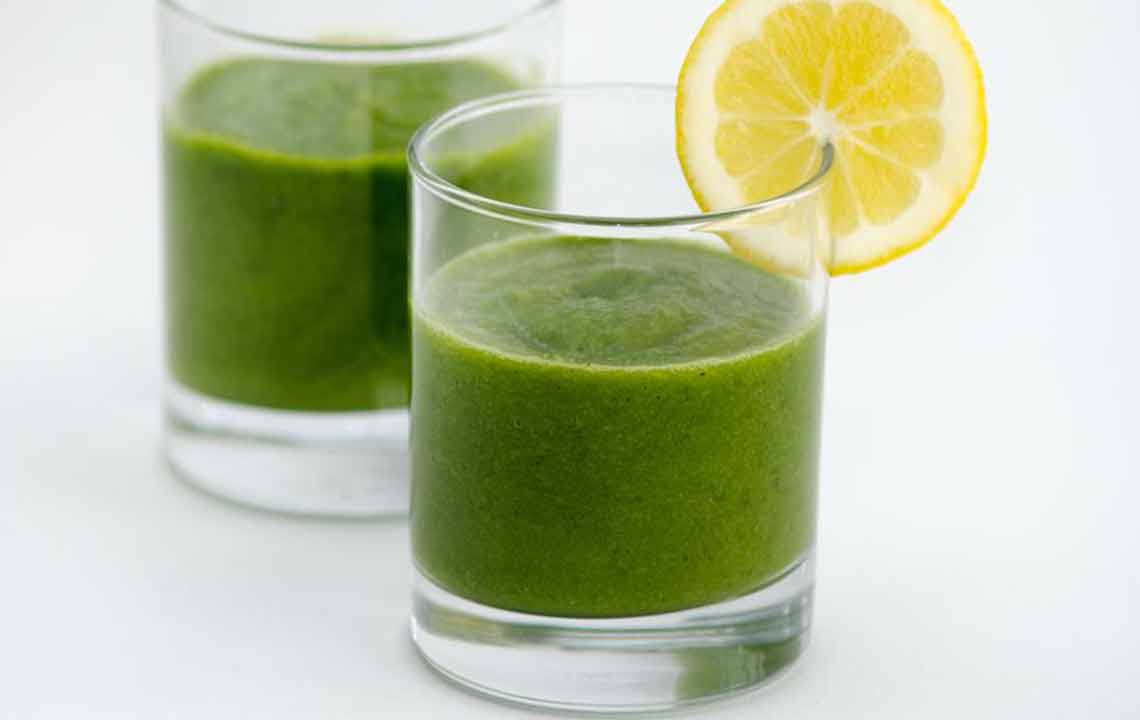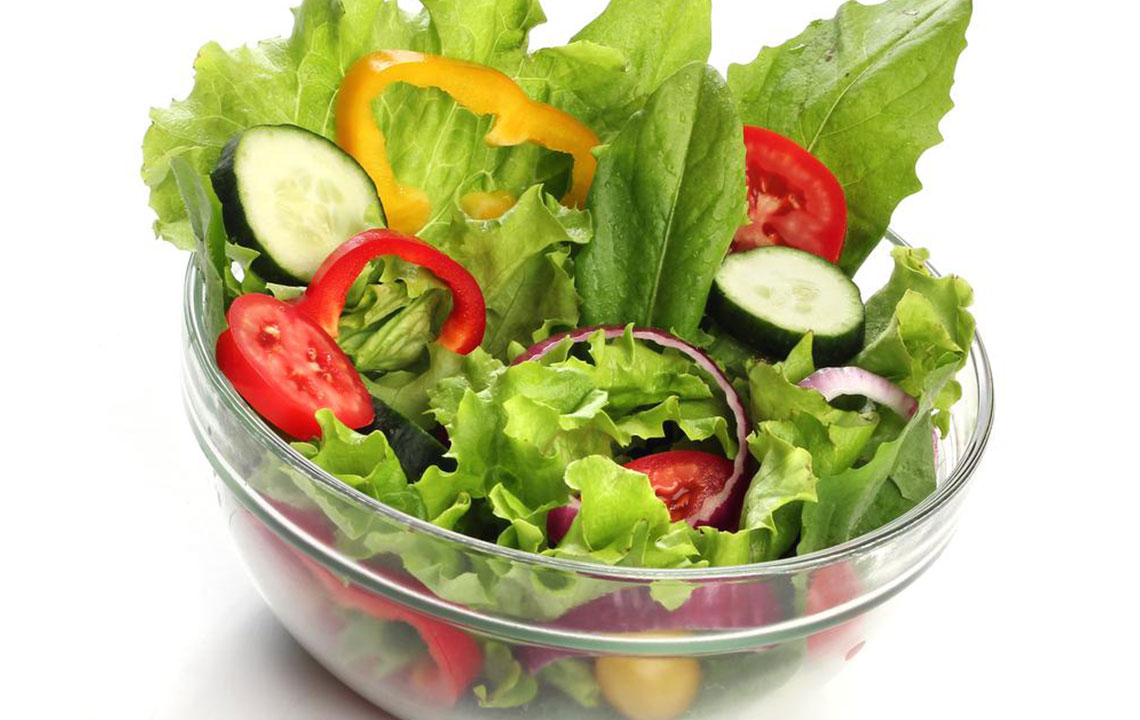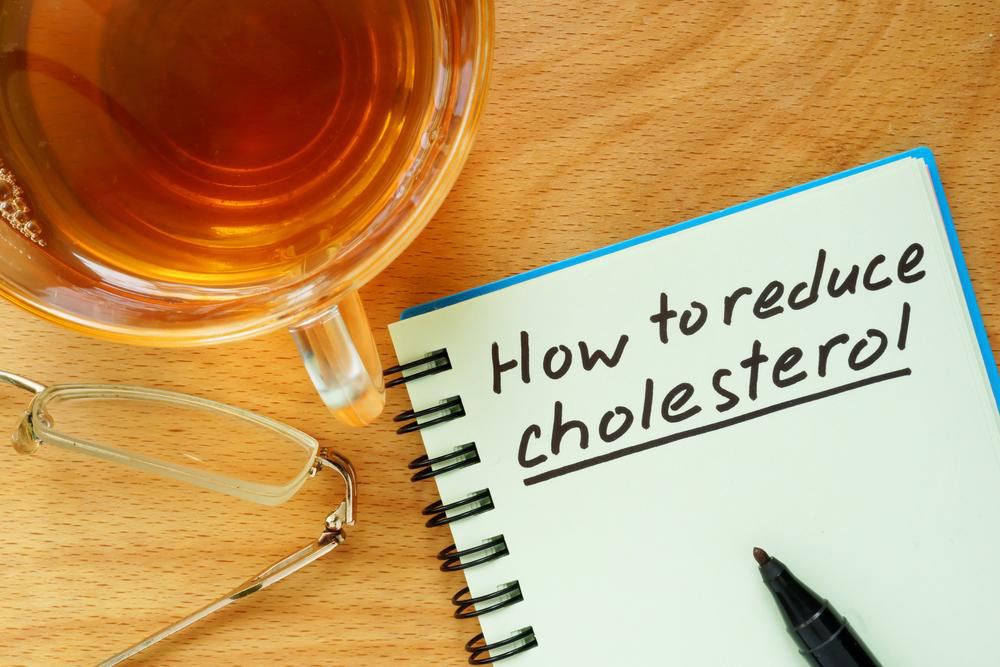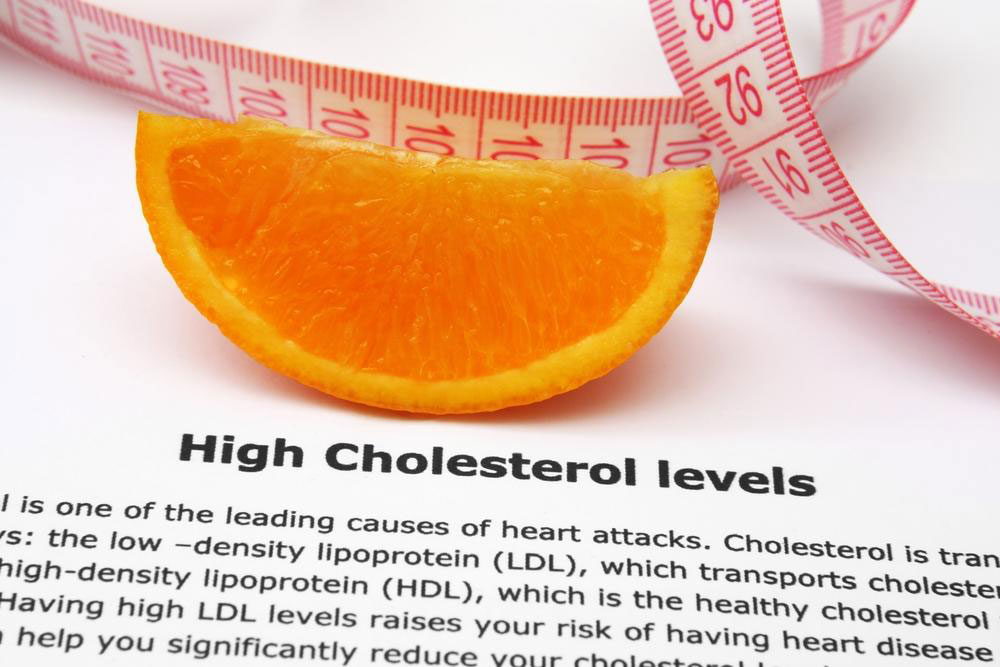Natural and Effective Ways to Lower Cholesterol Levels
Discover comprehensive, natural strategies to effectively lower cholesterol levels and improve cardiovascular health. From dietary changes to lifestyle adjustments, this guide offers practical advice for fostering a healthier heart. Embrace habits like increasing omega-3 intake, eliminating trans fats, and maintaining regular exercise to support cholesterol management and overall wellness. Whether you're on medication or looking to prevent issues, these proven methods can lead to sustained health improvements and reduce your risk of heart disease.

Natural and Effective Ways to Lower Cholesterol Levels
Maintaining healthy cholesterol levels is crucial for cardiovascular health and overall well-being. Elevated levels of LDL cholesterol, often referred to as "bad" cholesterol, can increase the risk of heart disease, stroke, and other serious health conditions. While prescribed medications are commonly used to control high cholesterol, a comprehensive approach that includes lifestyle modifications can greatly enhance your health, often with fewer side effects. Incorporating natural and sustainable strategies into your daily routine can help you manage cholesterol effectively and promote a healthier lifestyle.
Replace Foods High in Saturated Fats with Healthier Alternatives:
Saturated fats are prevalent in red meats, full-fat dairy products, and processed foods. To lower your bad cholesterol, switch to healthier fats such as olive oil, canola oil, and include lean proteins like poultry, fish, and plant-based options. Limiting saturated fat intake to less than 7% of your daily calories has been shown to improve cholesterol profiles. Moreover, choosing cooking methods like grilling, baking, or steaming can further reduce unhealthy fat consumption.
Eliminate Trans Fats from Your Diet:
Trans fats, found in many fried foods, baked goods, and processed snacks, significantly raise LDL cholesterol while lowering HDL (good) cholesterol. To optimize your heart health, avoid foods containing partially hydrogenated oils. Many food labels now advertise "no trans fats," but it's important to read ingredients carefully, as small amounts may still be present. Eliminating trans fats from your diet can lead to a notable improvement in cholesterol levels and reduce the risk of cardiovascular disease.
Incorporate Omega-3 Fatty Acids into Your Diet:
Omega-3 fatty acids are essential nutrients that offer numerous health benefits, including lowering triglycerides and increasing HDL cholesterol. Regularly consuming fatty fish such as salmon, mackerel, sardines, and herring provides a rich source of omega-3s. For those who do not eat fish, plant-based sources like walnuts, flaxseeds, and chia seeds are good alternatives. Including these foods in your diet can help reduce inflammation, lower blood pressure, and support heart health.
Add Soluble Fiber-Rich Foods:
Foods high in soluble fiber, such as oats, barley, beans, lentils, and certain vegetables, are excellent for lowering LDL cholesterol. Soluble fiber binds to cholesterol in the digestive system and promotes its removal from the body. Starting your day with a bowl of oatmeal can kickstart your cholesterol-lowering efforts while also contributing to weight management and satiety, preventing overeating later in the day.
Increase Your Intake of Whey Protein:
Whey protein, derived from dairy sources such as milk, can have positive effects on cholesterol levels. Some studies suggest that supplementing with whey protein may decrease LDL cholesterol and raise HDL levels. Before incorporating whey protein supplements into your diet, consult with a healthcare professional to ensure it's suitable for your personal health needs, especially if you have lactose intolerance or dairy allergies.
Quit Smoking to Improve Heart Health:
Smoking damages blood vessels, lowers HDL cholesterol, and increases the risk of heart disease. Quitting smoking can lead to rapid improvements in heart health, including improved blood pressure and circulation. Smoking cessation not only benefits your lungs but also reduces your overall cardiovascular risk significantly. Support from healthcare providers, counseling, and nicotine replacement therapy can make quitting easier and more successful.
Maintain Regular Physical Activity:
Engaging in at least 30 minutes of moderate-intensity exercise daily—such as brisk walking, jogging, cycling, swimming, or playing sports—can effectively increase your HDL cholesterol while helping you manage weight and blood pressure. Consistent physical activity improves overall cardiovascular health, reduces inflammation, and supports weight loss, all of which contribute to better cholesterol levels. Incorporating activity into your daily routine is one of the most effective ways to naturally regulate cholesterol.
Prioritize Proper Hydration:
Drinking plenty of water—aiming for at least 2 liters per day—helps facilitate detoxification, supports digestion, and maintains overall bodily functions. Proper hydration also aids in weight management and can prevent dehydration-related complications. Staying well-hydrated is an often-overlooked aspect of maintaining healthy cholesterol levels and overall cardiovascular health.
Moderate Alcohol Intake for Heart Health:
While some studies suggest that moderate alcohol consumption may raise HDL cholesterol, excessive drinking can have adverse effects on liver health, blood pressure, and cholesterol levels. The safest approach is to consume alcohol in moderation—defined as up to one drink per day for women and up to two for men—or abstain altogether if you have existing health conditions or risk factors.
Manage Your Weight Effectively:
Excess weight, especially around the abdomen, is linked to higher LDL and triglyceride levels and lower HDL levels. Adopting a balanced diet low in added sugars and unhealthy fats, combined with regular physical activity, can help you achieve and maintain a healthy weight. Healthy weight management reduces the risk of developing cardiovascular diseases and improves your overall lipid profile.
Adopting these lifestyle changes can significantly improve your cholesterol levels and overall heart health. For individuals already on medication, integrating these habits can enhance treatment effectiveness. Even for those with mild cholesterol elevations, these natural strategies can prevent future increases and promote long-term wellness. Consistency is key, and studies show it takes approximately 40 days to develop new habits. Patience and persistence are essential to experience the full benefits of these modifications, ultimately leading to a healthier, longer life.





